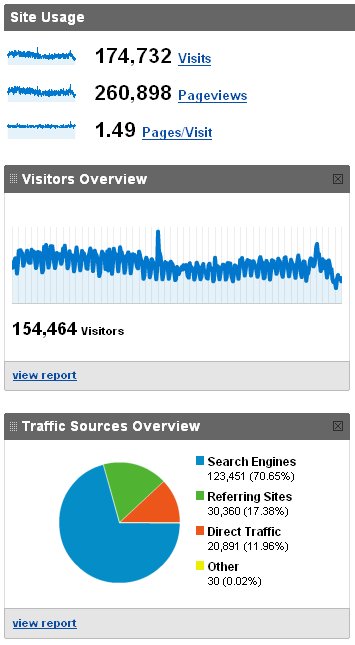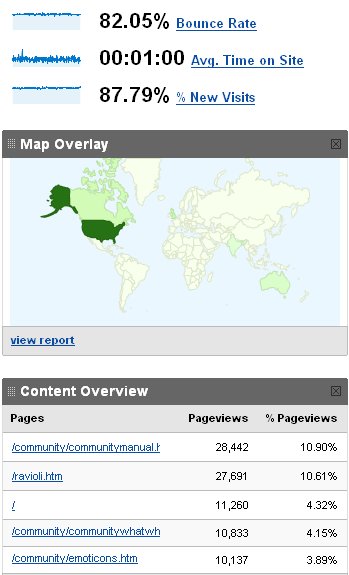Jon Lebkowsky wrote this quite a while ago on WorldChanging. I had started a draft post and never got back to it. While doing a little blog-keeping today, I found it again and it is worth blogging. (Just a warning… there may be a little flood of blog posts to “catch up.”)
Jon thinks about what we mean by “friends” online. The Value of Connections
I have a lot of connections on Facebook – 415, to be exact. When I go there, I see quite a few friends doing interesting things, and I always have invitations to connect, join groups, join causes, etc. Facebook is a very effective social network platform, perhaps because people like me like the idea of having a place where we can connect with people we know. But the more people we connect with, the more demands there are on our limited attention, and the less truly engaged we can be with anyone.
On the other hand, the more people I connect to on Facebook, the more who will see my stuff. So if I ever do have a cause I want supported, or a message I want to circulate, having a large network would be helpful. The downside is that it feels less social and more like the broadcast model of publishing: one to many.
I do want more Facebook friends, but there are some significant issues to think about if I want to use the network effectively and avoid wasting my — and everyone’s — time. And there’s a distinction to be made between “social” and “mass.” As you get more and more connections you have more social overhead; as you scale up you run into an inherent limit on social media’s ability to remain social. If I value a broad attention base or large audience over effective manageable relationships, I should work from a different set of assumptions.
I still don’t have neat boxes for these thoughts and concepts; I have more that I’ll get into within the next few weeks. Meanwhile I’d like to hear your thoughts…
As I’ve written before, I hit some sort of volume wall the middle of last year. I’ve written about how I am now more selective on adding friends to follow on Twitter. I mostly ignore Facebook friend requests. I totally ignore Plaxo requests. Just the management of the requests has gone over the top, and I can handle a lot. The people I work with in NPOs and NGOs most likely would never even consider the work it requires to maintain a presence on one of the social networks.
But the friends, the contacts, the network is so powerful. Where is the balancing point for any one of us?
Oh as a little side note – an interesting self test on your online identity! I wonder what the relationship is between being “digitally distinct” and overwhelmed by maintaining that status. Oi!
“Your online identity score is 9 out of a possible score of 10. Congratulations. You are digitally distinct. This is the nirvana of online identity. Keep up the good work, and remember that your Google results can change as fast as the weather in New England. So, regularly monitor your online identity.

